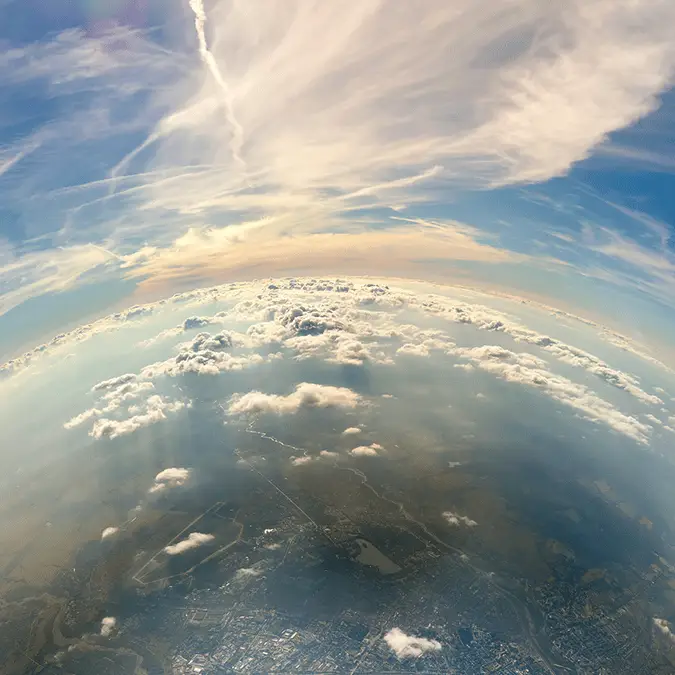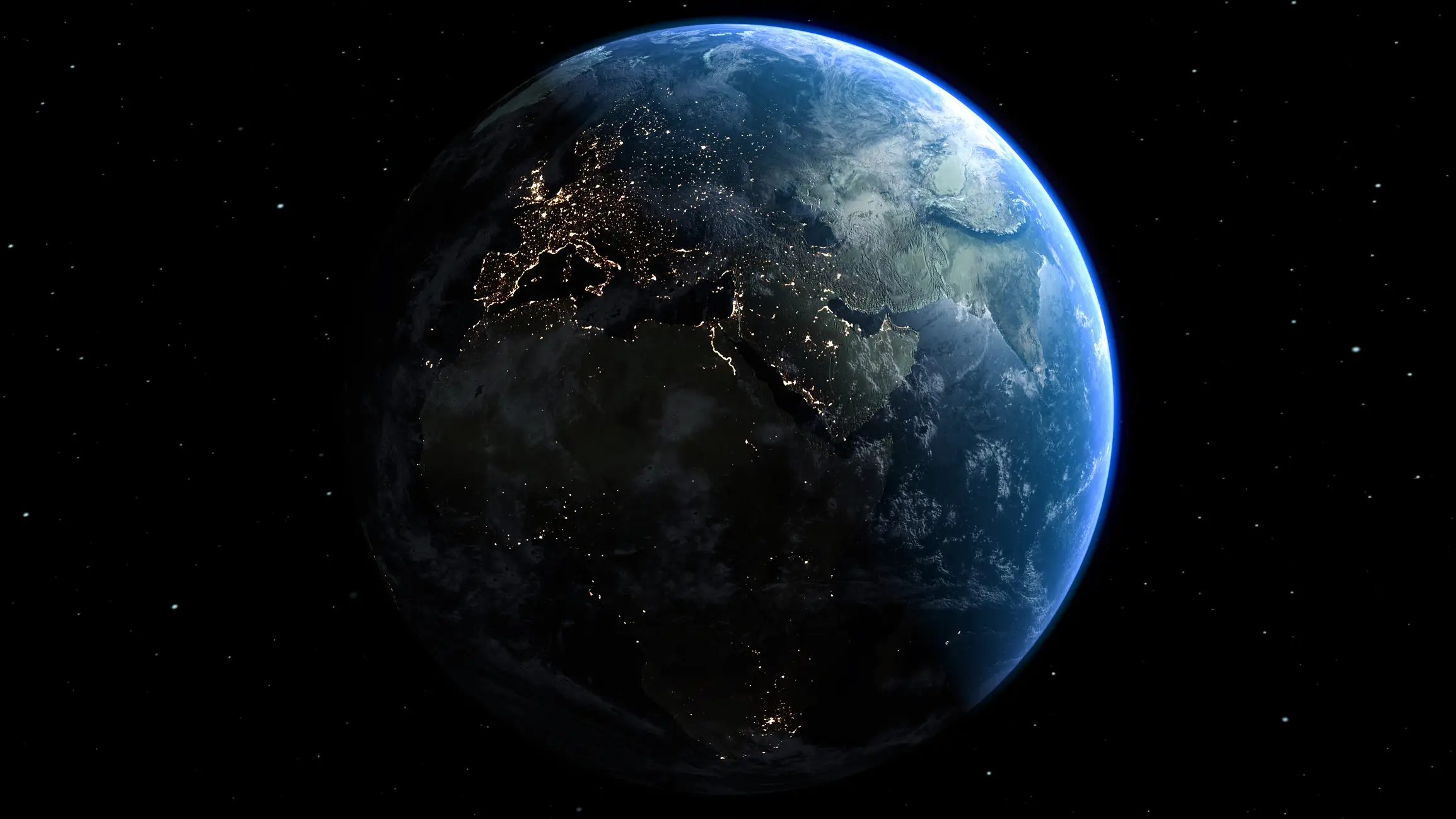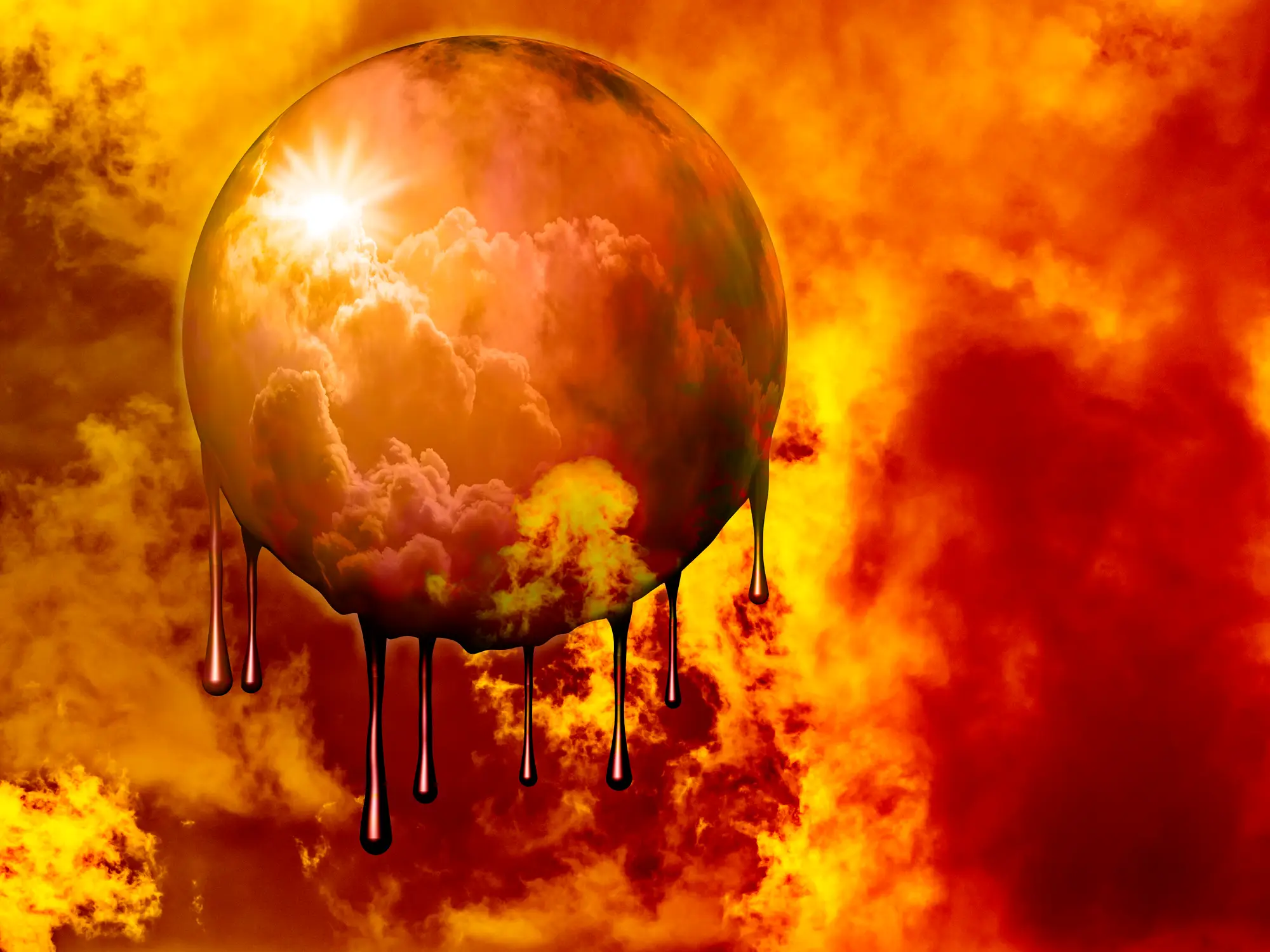
NASA reveals Earth is 'running out of oxygen' as a new study marks an 'end of life' date.
We've been inundated with doomsday theories and prophecies as of late.
If it's not warnings of an AI apocalypse by tech experts, it's doomsday prophecies from the world's biggest mystics and theories of a possible World War 3.
Now, NASA has added another item to the list of Earth's impending doom.
Advert
Already, the Trump administration has announced plans to cut space mission funding and terminate crucial NASA observatories that monitor the effects of human activity on greenhouse gas emissions.

But according to a new study, partially funded by NASA's Astrobiology program, the longevity of Earth's oxygenated atmosphere is not looking good.
The research indicates that in roughly one billion years, Earth's oxygen levels could plummet to less than 10% of current concentrations as the Sun gradually becomes more luminous.
However, scientists warn that the irreversible decline toward this 'great deoxygenation' could begin much sooner, potentially within 10,000 years.
"The lifespan of oxygen-rich atmospheres may be shorter than we previously thought," said Christopher Reinhard, a co-author from the Georgia Institute of Technology.
Conducted by scientists from NASA and Japan's Toho University, the study focused on how increasing solar radiation will eventually doom our planet's life-supporting atmosphere.
As the Sun grows brighter over geological time, our planet will heat up dramatically, causing atmospheric carbon dioxide to break down.
This creates a deadly chain reaction for us living things. Plants need CO2 for photosynthesis, so as carbon dioxide disappears, vegetation dies off.

Since plants are Earth's primary oxygen makers, their end means oxygen production grinds to a halt while existing oxygen continues to be consumed.
Humans and most other complex life forms would see their demise in these extreme conditions, with only anaerobic microorganisms surviving.
Without sufficient oxygen being generated, Earth loses its protective ozone layer, allowing dangerous ultraviolet radiation to bombard the surface.
This 'great deoxygenation' will result in 'high concentration of methane, low levels of CO2, and the absence of an ozone layer' for Earth's atmosphere, as described by research lead, Kazumi Ozaki.
This wouldn't be the first time Earth has experienced an atmosphere like this. Our planet had similar atmospheric conditions billions of years ago, before the Great Oxidation Event created the oxygen-rich environment that allowed complex life to flourish.
Fortunately for us, though, this isn't something we have to worry about happening in our lifetime.
The final collapse is roughly a billion years away, and the study suggests the irreversible decline will only begin in about 10,000 years. It sounds pretty close, but it's still approximately 400 human generations away from now.